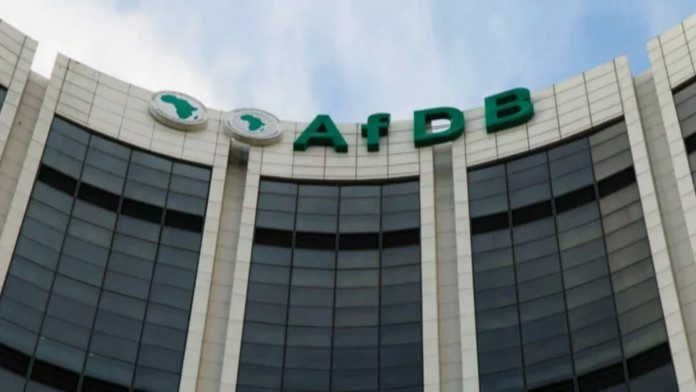News in brief:
– Nigeria acquired a $134 million loan to boost staple crop productivity and stabilise food prices.
– Targeted agricultural support for farmers includes subsidised inputs and a guaranteed minimum price for crops.
Nigeria recently obtained a $134 million loan from the African Development Bank (AfDB) to address food insecurity by increasing the productivity of staple crops like wheat, rice, and maize. This loan comes as food prices surge, due to inflation and currency devaluation, leaving millions of Nigerians struggling to afford basic foods.
Government support for Nigerian farmers
Agriculture Minister Abubakar Kyari announced that this funding will aid 250,000 wheat farmers and 150,000 rice farmers through subsidised inputs. These resources, along with financial support, aim to boost both dry and wet-season farming for more reliable crop yields.
The government will introduce a minimum price guarantee to stabilise incomes and help farmers navigate the fluctuating market.
Nigeria has seen food price inflation of over 40%, worsening food access for millions. Agricultural productivity is further impacted by climate change. Increasing desertification in northern Nigeria, as well as flooding, recently damaged 1.6 million hectares of farmland in central Nigeria, worsening the food crisis. As many as 25 million Nigerians currently face acute food insecurity, with the number projected to rise to 33 million by 2025.
This funding not only provides relief for Nigerian farmers but also showcases efforts in African countries to overcome food security challenges. With climate change impacting yields worldwide, Nigeria’s response could inspire other nations facing similar issues.



